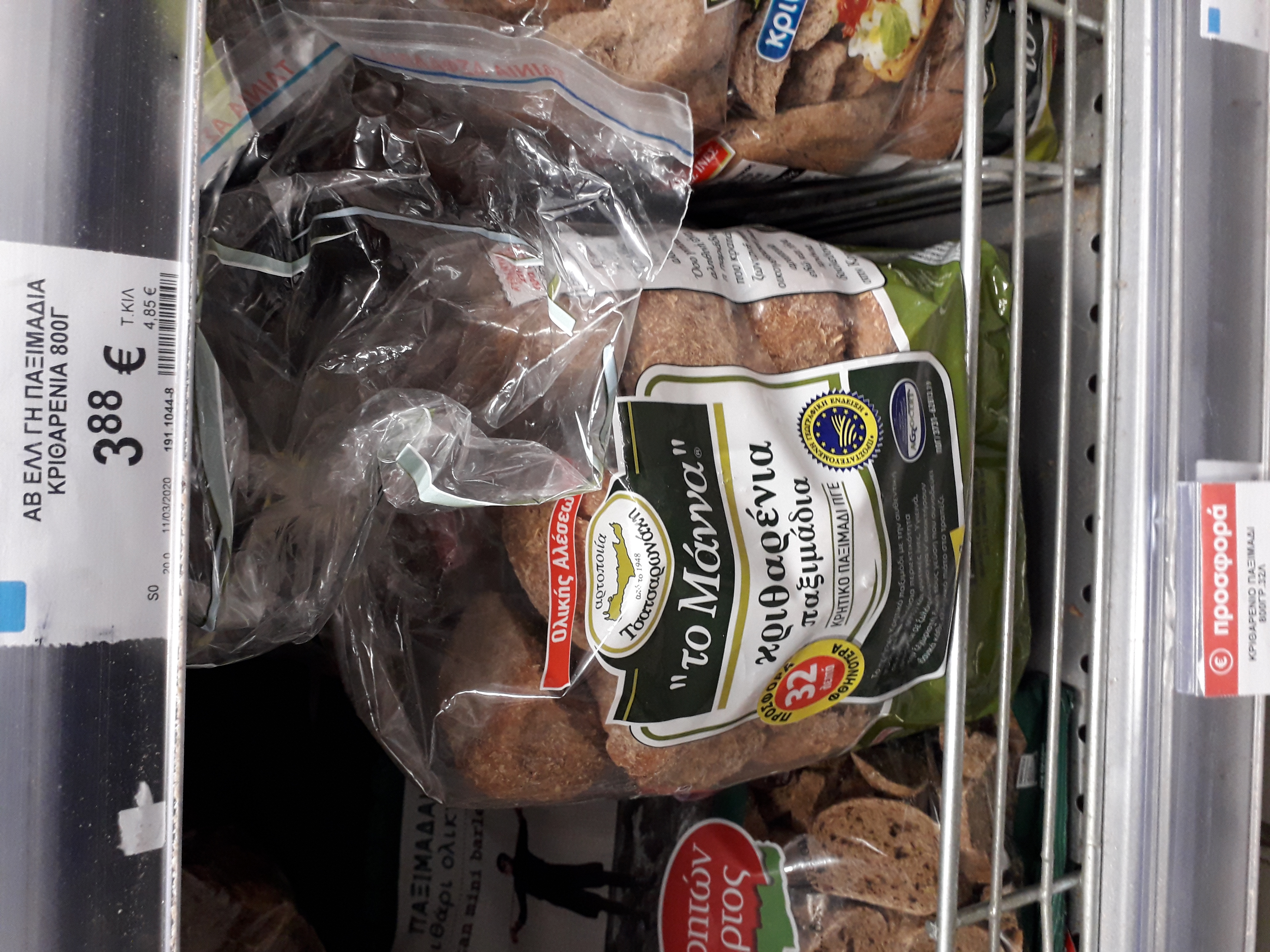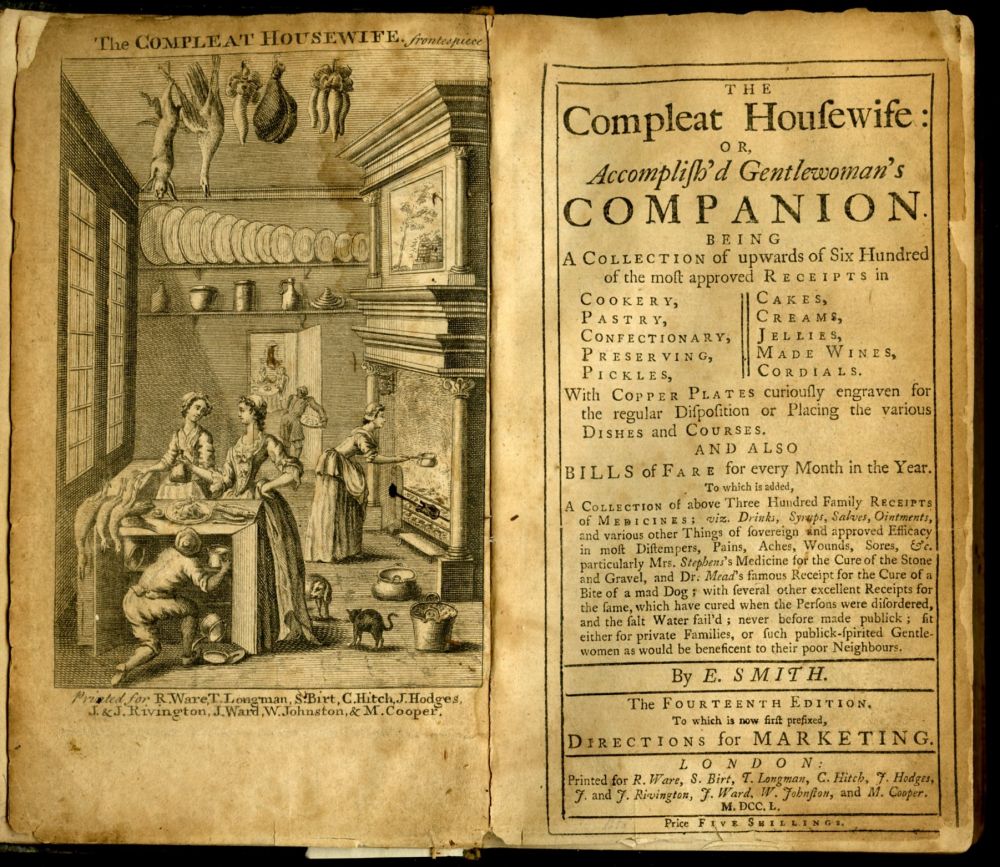|
Paxamus
Paxamus, or Paxamos (Greek: Πάξαμος), was an ancient Greek author from the Hellenistic period.... He composed a cookbook titled ''On Cooking'' and a text on farming titled ''On Farming''. Athenaeus, another Greek writer, mentioned Paxamus once in his work titled ''Deipnosophists''. Paxamus was perhaps the inventor of barley biscuits named after him called "paximathia". He was quoted in the ''Geoponica'', a Byzantine text on agriculture Agriculture encompasses crop and livestock production, aquaculture, and forestry for food and non-food products. Agriculture was a key factor in the rise of sedentary human civilization, whereby farming of domesticated species created .... References Citations Sources * * * Cookbook writers Year of birth unknown Year of death unknown Ancient Greek food writers Hellenistic writers {{AncientGreece-writer-stub ... [...More Info...] [...Related Items...] OR: [Wikipedia] [Google] [Baidu] |
Paximathia
Paximathia (), also spelt paximadia (plural), or paximadi/paximathi (singular), is a hard bread of Greek origin, similar to rusk, that is prepared with whole wheat, chick pea or barley flour.... It has been referred to as being similar to biscotti or as a type of biscotti. Paximathia is a common food in Greece and many Greek bakeries sell the bread, which is often served as a breakfast food with marmalade or cheese.. Paximathia is purveyed also in Greek specialty stores in many areas of the United States. Etymology The name ''paximathia'' comes from the Greek term ''paximadion'' (Greek: παξιμάδιον), which is derived from Paxamus, a 1st-century Greek author who wrote, among many things, a comprehensive cookbook. The word first appears in a recipe for laxative biscuits composed by the Greek physician Galen. History Paximadia were traditionally consumed by Greek farmers, as well as the Byzantine military and thrifty priests. Greek farmers would eat paximathia in their fi ... [...More Info...] [...Related Items...] OR: [Wikipedia] [Google] [Baidu] |
Deipnosophists
The ''Deipnosophistae'' (, ''Deipnosophistaí'', lit. , where ''sophists'' may be translated more loosely as ) is a work written in Ancient Greek by Athenaeus of Naucratis. It is a long work of literary, historical, and antiquarian references set in Rome at a series of banquets held by the protagonist for an assembly of grammarians, lexicographers, jurists, musicians, and hangers-on. Title The Greek title ''Deipnosophistaí'' () is a compound of ' ( ) and ''sophistḗs'' ( ). It and its English derivative ''s'' thus describe people who are skilled at dining, particularly the refined conversation expected to accompany Greek symposia. However, the term is shaded by the harsh treatment accorded to professional teachers in Plato's Socratic dialogues, which made the English term ' into a pejorative. In English, Athenaeus's work usually known by its Latin form ''Deipnosophistae'' but is also variously translated as ''The Deipnosophists'', ''Sophists at Dinner'', Athenaeus o ... [...More Info...] [...Related Items...] OR: [Wikipedia] [Google] [Baidu] |
Greek Language
Greek (, ; , ) is an Indo-European languages, Indo-European language, constituting an independent Hellenic languages, Hellenic branch within the Indo-European language family. It is native to Greece, Cyprus, Italy (in Calabria and Salento), southern Albania, and other regions of the Balkans, Caucasus, the Black Sea coast, Asia Minor, and the Eastern Mediterranean. It has the list of languages by first written accounts, longest documented history of any Indo-European language, spanning at least 3,400 years of written records. Its writing system is the Greek alphabet, which has been used for approximately 2,800 years; previously, Greek was recorded in writing systems such as Linear B and the Cypriot syllabary. The Greek language holds a very important place in the history of the Western world. Beginning with the epics of Homer, ancient Greek literature includes many works of lasting importance in the European canon. Greek is also the language in which many of the foundational texts ... [...More Info...] [...Related Items...] OR: [Wikipedia] [Google] [Baidu] |
Year Of Death Unknown
A year is a unit of time based on how long it takes the Earth to orbit the Sun. In scientific use, the tropical year (approximately 365 solar days, 5 hours, 48 minutes, 45 seconds) and the sidereal year (about 20 minutes longer) are more exact. The modern calendar year, as reckoned according to the Gregorian calendar, approximates the tropical year by using a system of leap years. The term 'year' is also used to indicate other periods of roughly similar duration, such as the lunar year (a roughly 354-day cycle of twelve of the Moon's phasessee lunar calendar), as well as periods loosely associated with the calendar or astronomical year, such as the seasonal year, the fiscal year, the academic year, etc. Due to the Earth's axial tilt, the course of a year sees the passing of the seasons, marked by changes in weather, the hours of daylight, and, consequently, vegetation and soil fertility. In temperate and subpolar regions around the planet, four seasons ar ... [...More Info...] [...Related Items...] OR: [Wikipedia] [Google] [Baidu] |
Cookbook Writers
A cookbook or cookery book is a kitchen reference containing recipes. Cookbooks may be general, or may specialize in a particular cuisine or category of food. Recipes in cookbooks are organized in various ways: by course (food), course (appetizer, first course, main course, dessert), by main ingredient, by cooking technique, alphabetically, by region or country, and so on. They may include illustrations of finished dish (food), dishes and preparation steps; discussions of cooking techniques, advice on kitchen equipment, ingredients, tips, and substitutions; historical and cultural notes; and so on. Cookbooks may be written by individual authors, who may be chefs, cooking teachers, or other food writers; they may be written by collectives; or they may be anonymous. They may be addressed to home cooks, to professional restaurant cooks, to institutional cooks, or to more specialized audiences. Some cookbooks are didactic, with detailed recipes addressed to beginners or people learn ... [...More Info...] [...Related Items...] OR: [Wikipedia] [Google] [Baidu] |
Agriculture
Agriculture encompasses crop and livestock production, aquaculture, and forestry for food and non-food products. Agriculture was a key factor in the rise of sedentary human civilization, whereby farming of domesticated species created food surpluses that enabled people to live in the cities. While humans started gathering grains at least 105,000 years ago, nascent farmers only began planting them around 11,500 years ago. Sheep, goats, pigs, and cattle were domesticated around 10,000 years ago. Plants were independently cultivated in at least 11 regions of the world. In the 20th century, industrial agriculture based on large-scale monocultures came to dominate agricultural output. , small farms produce about one-third of the world's food, but large farms are prevalent. The largest 1% of farms in the world are greater than and operate more than 70% of the world's farmland. Nearly 40% of agricultural land is found on farms larger than . However, five of every six farm ... [...More Info...] [...Related Items...] OR: [Wikipedia] [Google] [Baidu] |
Byzantine Empire
The Byzantine Empire, also known as the Eastern Roman Empire, was the continuation of the Roman Empire centred on Constantinople during late antiquity and the Middle Ages. Having survived History of the Roman Empire, the events that caused the fall of the Western Roman Empire in the 5th centuryAD, it endured until the fall of Constantinople to the Ottoman Empire in 1453. The term 'Byzantine Empire' was coined only after its demise; its citizens used the term 'Roman Empire' and called themselves 'Romans'. During the early centuries of the Roman Empire, the western provinces were Romanization (cultural), Latinised, but the eastern parts kept their Hellenistic culture. Constantine the Great, Constantine I () legalised Christianity and moved the capital to Constantinople. Theodosius I, Theodosius I () made Christianity the state religion and Greek gradually replaced Latin for official use. The empire adopted a defensive strategy and, throughout its remaining history, expe ... [...More Info...] [...Related Items...] OR: [Wikipedia] [Google] [Baidu] |
Geoponica
The ''Geoponica'' or ''Geoponika'' () is a twenty-book collection of agricultural lore, compiled during the 10th century in Constantinople for the Byzantine emperor Constantine VII Porphyrogenitus. The Greek word ''Geoponica'' signifies "agricultural pursuits" in its widest sense. It is the only surviving Byzantine agricultural work. During the Macedonian Renaissance, the emperor Constantine VII assembled several compendia - compilations and excerpts of ancient writings - of which Geoponika was one. Around 50 manuscripts, dating from between the 10th and 16th centuries, have survived. ''Geoponika'' incorporated the work of Cassianus Bassus, which was compiled from an earlier work by Vindonius Anatolius. Sources The 10th century collection is sometimes (wrongly) ascribed to the 7th century author Cassianus Bassus, whose collection, also titled ''Geoponica'', was integrated into the extant work. Bassus drew heavily on the work of another agricultural compiler, Vindonius Ana ... [...More Info...] [...Related Items...] OR: [Wikipedia] [Google] [Baidu] |
Biscuit
A biscuit is a flour-based baked food item. Biscuits are typically hard, flat, and unleavened. They are usually sweet and may be made with sugar, chocolate, icing, jam, ginger, or cinnamon. They can also be savoury, similar to crackers. Types of biscuit include biscotti, sandwich biscuits (such as custard creams), digestive biscuits, ginger biscuits, shortbread biscuits, chocolate chip cookies, chocolate-coated marshmallow treats, Anzac biscuits, and speculaas. The term "biscuit" is used in many English-speaking countries including Britain, Ireland, Australia, New Zealand, India, and South Africa. In the United States and parts of Canada, sweet biscuits are nearly always called "cookies" and savoury biscuits are called "crackers", while the term '' biscuit'' is used for a soft, leavened quick bread similar to a savoury version of a ''scone''. Variations in meaning of ''biscuit'' The word ''biscuit'' is used to refer to a broad range of primarily flour-based foods ... [...More Info...] [...Related Items...] OR: [Wikipedia] [Google] [Baidu] |
Greeks
Greeks or Hellenes (; , ) are an ethnic group and nation native to Greece, Greek Cypriots, Cyprus, Greeks in Albania, southern Albania, Greeks in Turkey#History, Anatolia, parts of Greeks in Italy, Italy and Egyptian Greeks, Egypt, and to a lesser extent, other countries surrounding the Eastern Mediterranean and Black Sea. They also form a significant Greek diaspora, diaspora (), with many Greek communities established around the world.. Greek colonies and communities have been historically established on the shores of the Mediterranean Sea and Black Sea, but the Greek people themselves have always been centered on the Aegean Sea, Aegean and Ionian Sea, Ionian seas, where the Greek language has been spoken since the Bronze Age.. Until the early 20th century, Greeks were distributed between the Greek peninsula, the western coast of Asia Minor, the Black Sea coast, Cappadocia in central Anatolia, Egypt, the Balkans, Cyprus, and Constantinople. Many of these regions coincided to ... [...More Info...] [...Related Items...] OR: [Wikipedia] [Google] [Baidu] |
Barley
Barley (), a member of the grass family, is a major cereal grain grown in temperate climates globally. It was one of the first cultivated grains; it was domesticated in the Fertile Crescent around 9000 BC, giving it nonshattering spikelets and making it much easier to harvest. Its use then spread throughout Eurasia by 2000 BC. Barley prefers relatively low temperatures and well-drained soil to grow. It is relatively tolerant of drought and soil salinity, but is less winter-hardy than wheat or rye. In 2023, barley was fourth among grains in quantity produced, 146 million tonnes, behind maize, rice, and wheat. Globally, 70% of barley production is used as animal feed, while 30% is used as a source of fermentable material for beer, or further distilled into whisky, and as a component of various foods. It is used in soups and stews and in barley bread of various cultures. Barley grains are commonly made into malt using a traditional and ancient method of preparatio ... [...More Info...] [...Related Items...] OR: [Wikipedia] [Google] [Baidu] |







